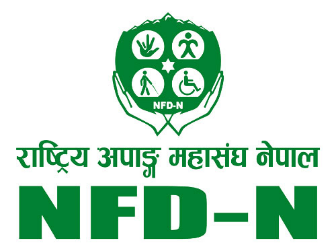The effects of lockdown on people with Hemophilia
June 2020
Sita Shrestha has been struggling day in and day out to keep her hemophilic son alive. Her son was taken to BIR Hospital in Kathmandu, but there were no factor medicines available at the hospital due to lockdown.
John Shrestha was diagnosed with Hemophilia when he was around 2 years. John, who is now seven years old, has to use factor medicine almost every two weeks. When he bleeds, he can’t walk and his body hurts. The anti-hemophilic factor for Hemophilia is a lifesaver. His father says that they had been receiving the medicine for free of cost from Nepal Hemophilia Society but due to lockdown, they are not able to treat their son. John needs a factor of 250 to 500 units for a single treatment.
Although treatment is expensive but hemophilia patients are rare in Nepal, his parents believe that that the Nepal government has not shown much interest in the availability of medicines. On top of that, with the lockdown measures, the hospitals’ OPD services, including blood transfusion services, have also been severely affected.
In Nepal, the anti-hemophilic factor medicine is imported from World Hemophilia Federation. Due to the current lockdown, the patients are in a life-threatening condition due to non-availability of these medicines. Although, the Government of Nepal has categorized persons with Hemophilia as persons with disabilities in the “Rights of Persons with Disabilities Act 2074” which provides for the provision of free factor medicine to patients. However, the government has not allocated any budget for this treatment. The National Federation of the Disabled Nepal (NFDN) and its member organizations advocated with the Ministry of Health and Population to import the medicine as soon as possible. As a result, the medicines were brought to Nepal on June (it took quite long), John received anti hemophilic medicine from Bir Hospital. His situation was referred to Nepal Hemophilia Society by NFDN.

